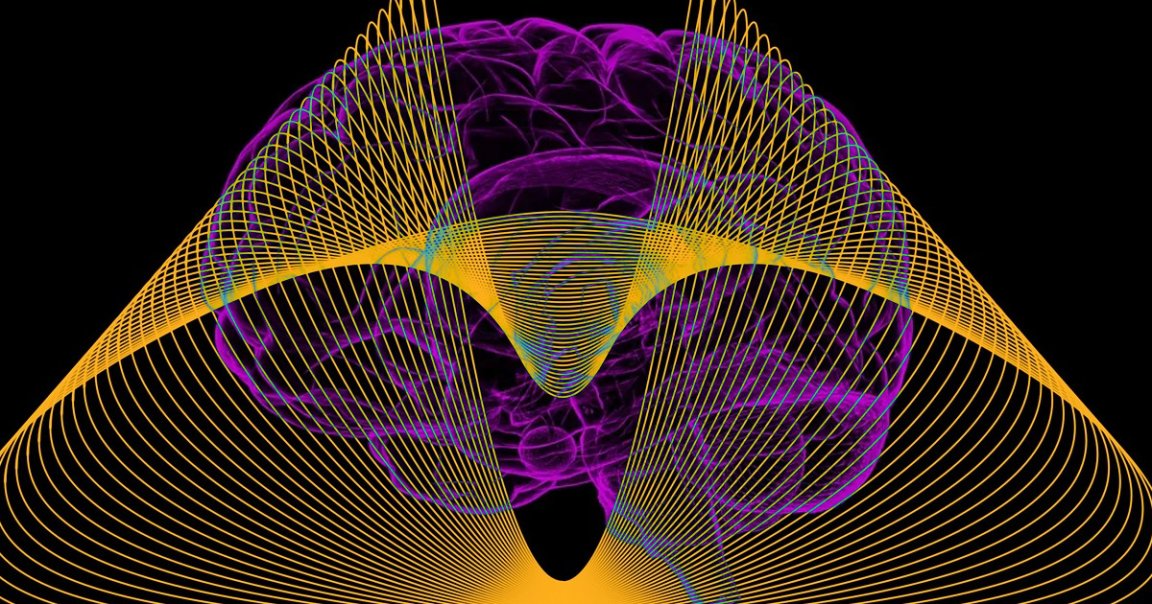
NPCs
A team of scientists thinks they’ve finally arrived at a model of how consciousness works in the human mind — and in doing so, may have settled a 1,500-year-old debate.
The big issue is whether consciousness is continuous or discrete: Basically, scientists and philosophers have long argued over whether we’re conscious all the time or only during concise moments. In an opinion piece published Thursday in the journal Trends in Cognitive Sciences, the scientists say it’s a little bit of both — and their verdict could free scientists of various disciplines up to do their work without butting heads.
And/Or
The scientists, all psychophysicists at Switzerland’s Ecole Polytechnique Fédérale de Lausanne (EPFL), said that there’s a two-step process going on. While our brains are continuously processing information behind the scenes in more of an “unconscious” manner, we’re only actively conscious of that information during discrete moments.
“Conscious processing is overestimated,” lead author Michael Herzog said in a press release. “You should give more weight to the dark, unconscious processing period. You just believe that you are conscious at each moment of time.”
Autopilot
When we ride a bike, Herzog mused, our bodies automatically make minute adjustments to keep from falling over without consciously thinking about it. But even with his team’s two-step model, some of the secondary questions surrounding the ancient debate remain. Questions about how long these discrete moments of consciousness last, or how they differ among people, don’t have answers.
“The question for what consciousness is needed and what can be done without conscious? We have no idea,” Herzog said.
READ MORE: Is consciousness continuous or discrete? Maybe it’s both, argue researchers [Cell Press]
More on consciousness: Artificial Consciousness: How To Give A Robot A Soul